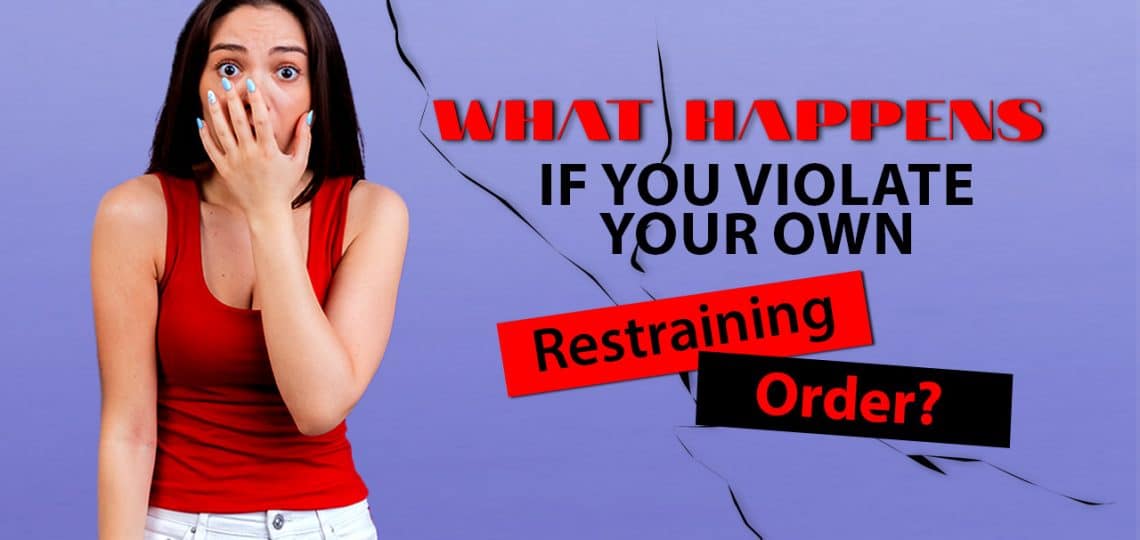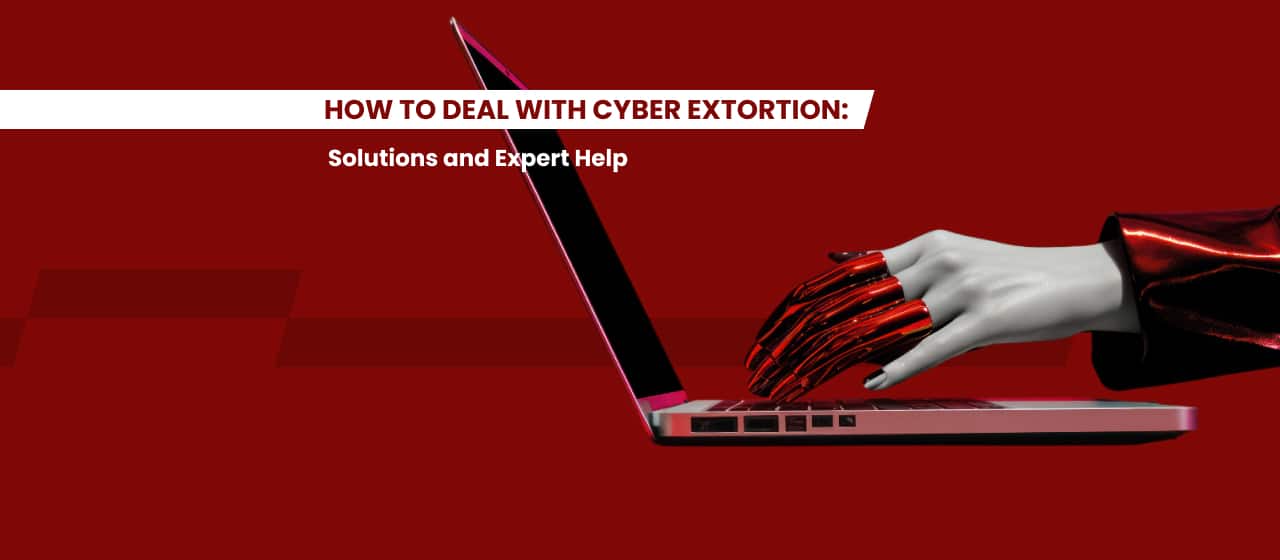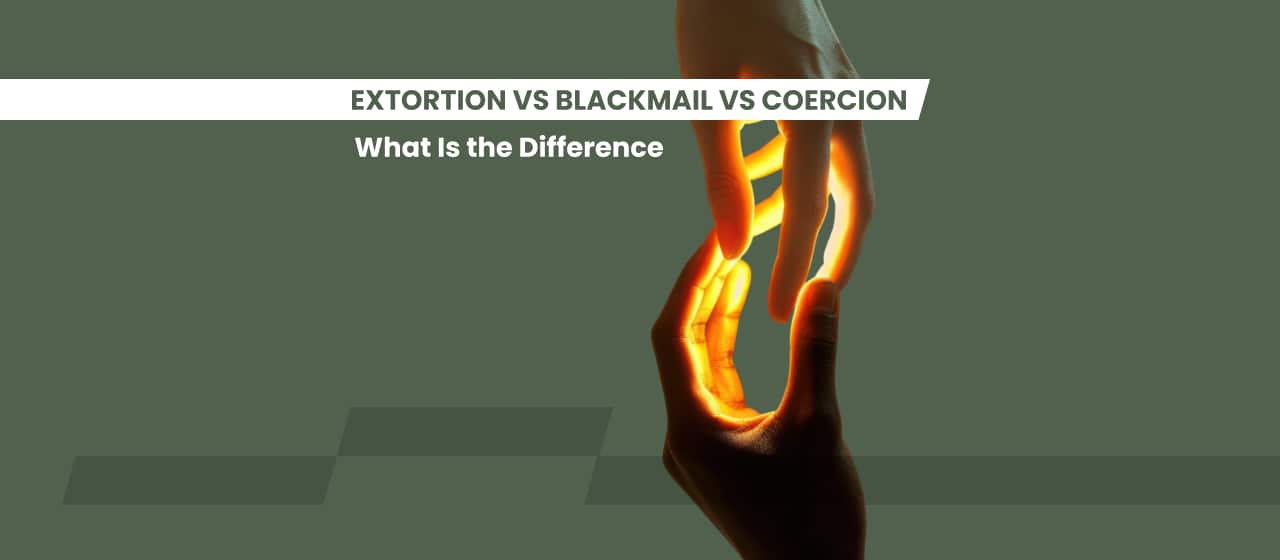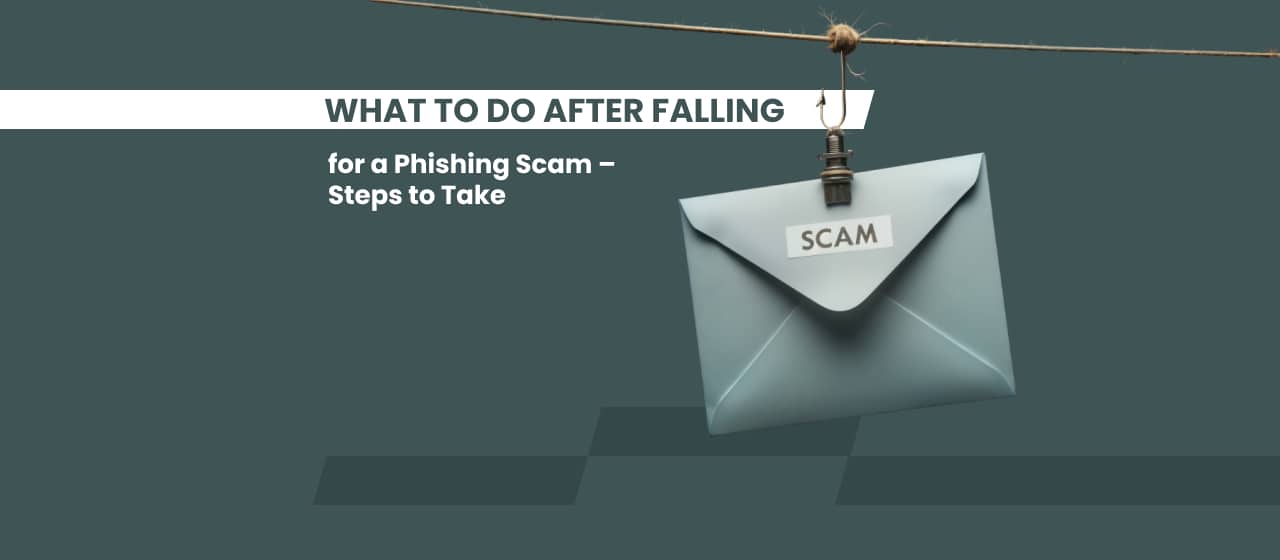What Happens if You Violate your Own Restraining Order?
A restraining order is a legal document the court issues to protect a person or persons from another individual. It is implemented to prevent harassment, abuse, and other forms of violence. If someone violates a restraining order against them, they can face serious legal consequences. Let’s take a closer look at how these court orders work and what happens if you violate your own restraining order.
What do You need to Know About Restraining Orders?
A restraining order, also known as a protective order, is an official court order issued by a judge that requires an individual to stay away from someone who has filed a complaint against them. A restraining order can limit or prohibit contact between two individuals and require the restrained individual to stay away from specific places or residences. Depending on the jurisdiction, restraining orders may also be referred to as protective orders or orders of protection.
If you are being threatened, harassed, stalked, or abused by another person, then filing a restraining order may be necessary for your safety and peace of mind. Restraining orders can protect individuals from violence or threats and help keep people safe from harm. Before filing for a restraining order, it helps to research applicable laws in your state since each state has its specific regulations for these types of orders.
So how do you go about filing a protective order? Filing for a restraining order involves completing paperwork that must be presented in court before a judge. The paperwork must include details about why you seek the protection and what type of relief you request (e.g., prohibiting contact with the other person).
Once all of the paperwork is completed and filed with the court clerk’s office, the judge will review it, and they will decide whether or not to grant your request. If granted, it is essential that you abide by all terms outlined in the restraining order, as failure to do so could result in legal penalties.
What Happens If You Violate Your Restraining Order?
In tense situations of domestic abuse, stalking, etc., restraining orders are often applied to protect the victim. But when loved ones and family members become involved, a breach in these protective actions can happen at any moment – something as simple as an exchange between two people could result in one violating their court-mandated order.
It’s essential that everyone adheres to this rule if they’re on either side of such a complex issue; even small acts like sending messages or making calls can quickly break it. So, what legal ramifications come when a person violates a restraining order against them?
The Legal Ramifications
Violating a restraining order can have serious consequences. Depending on the state, violating a restraining order may be considered either a misdemeanor or felony offense. The penalties for violating a restraining order include jail time, fines, probation, and community service. Sometimes, the judge may also issue an additional protective order against the perpetrator and any other consequences they receive.
Understanding the Consequences
Violating a restraining order can have severe legal and social repercussions for those involved. It is crucial for anyone who has been served with a restraining order to take the necessary steps to ensure that they follow all aspects of it to avoid any potential charges or punishments associated with violating their orders.
If you need help understanding your restrictions or what can happen if you break your restraining order, it is recommended that you consult with an attorney who specializes in family law matters as soon as possible to discuss all available options available for protecting yourself within the boundaries of the law.
Minimize expensive errors and optimize your financial result by collaborating with our skilled Forensic Accountants throughout your divorce proceedings.







